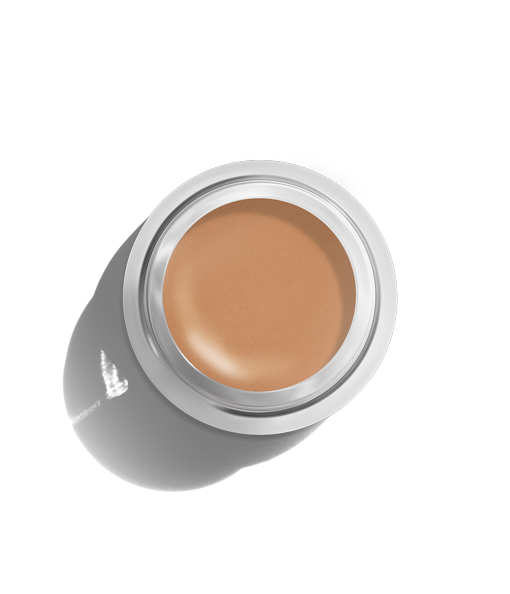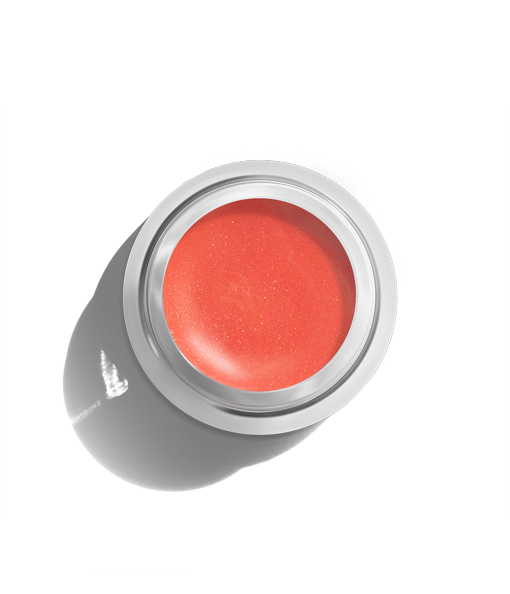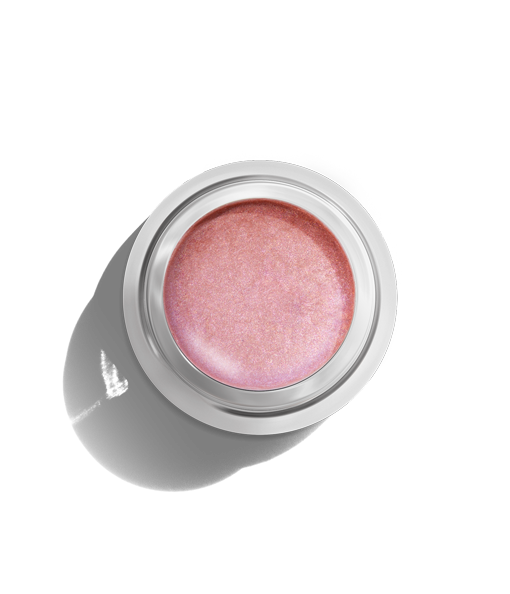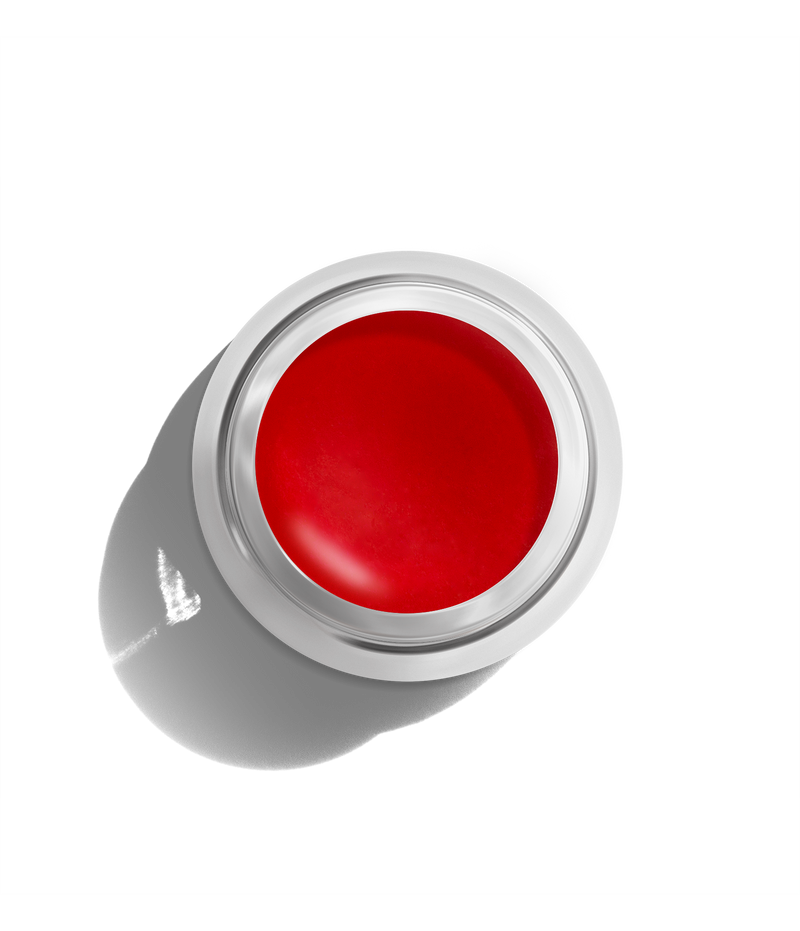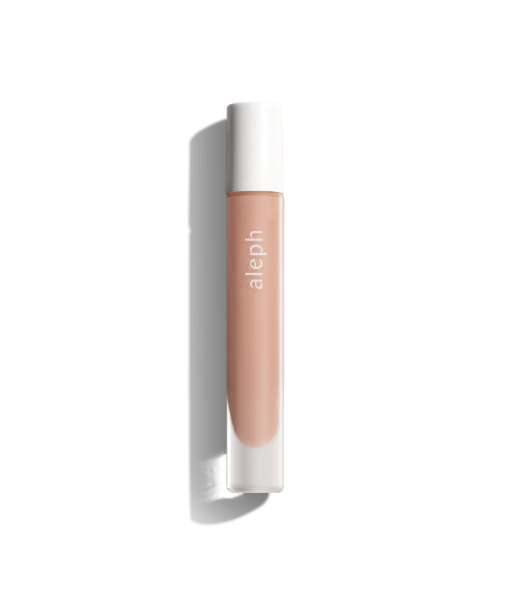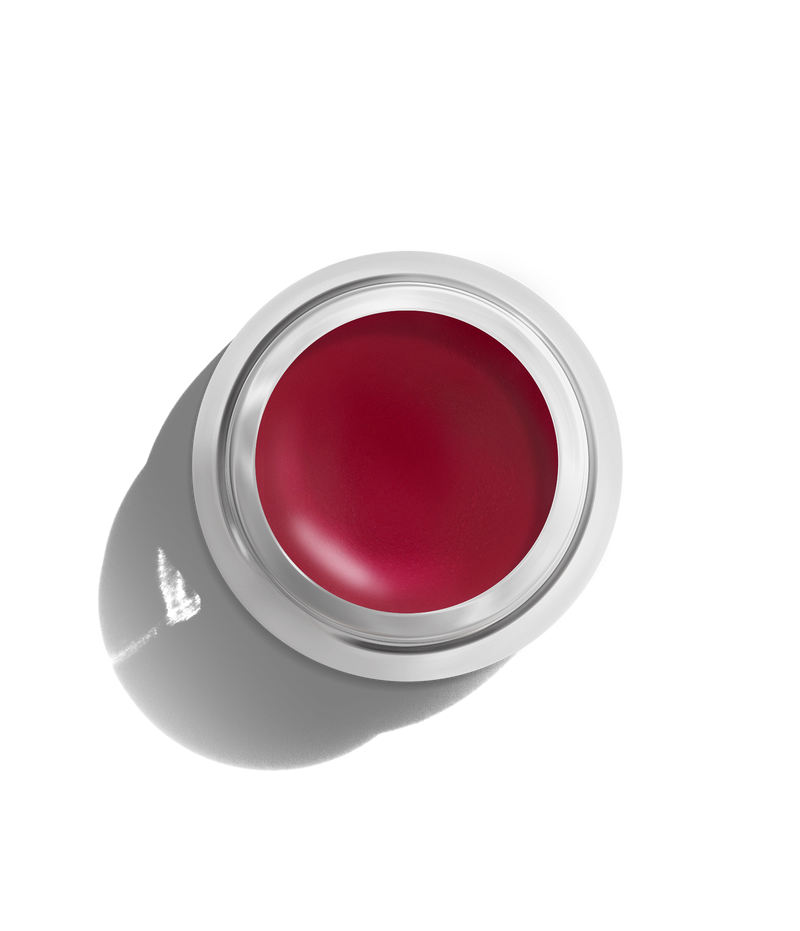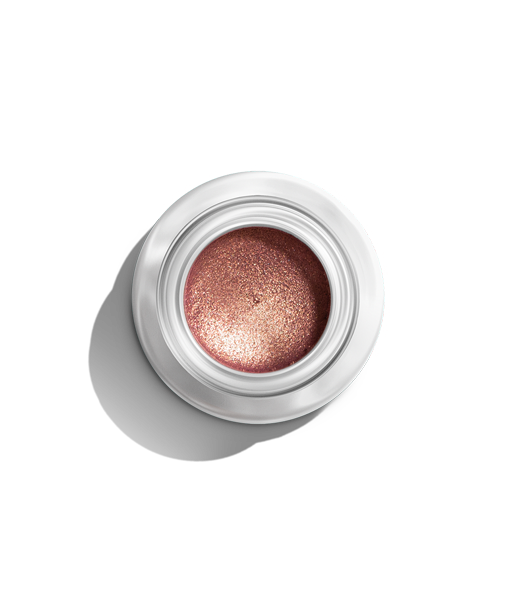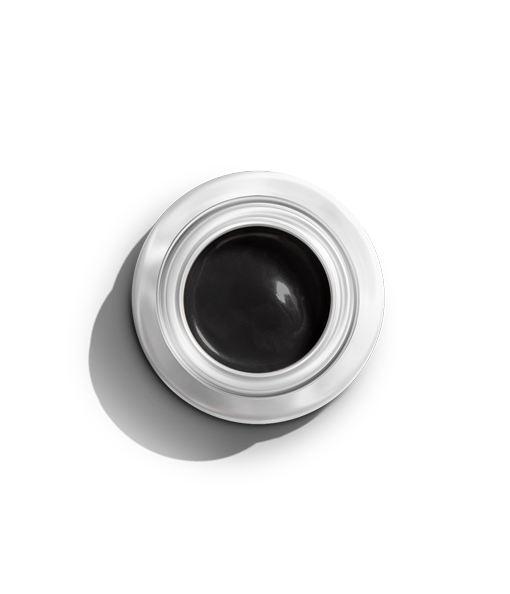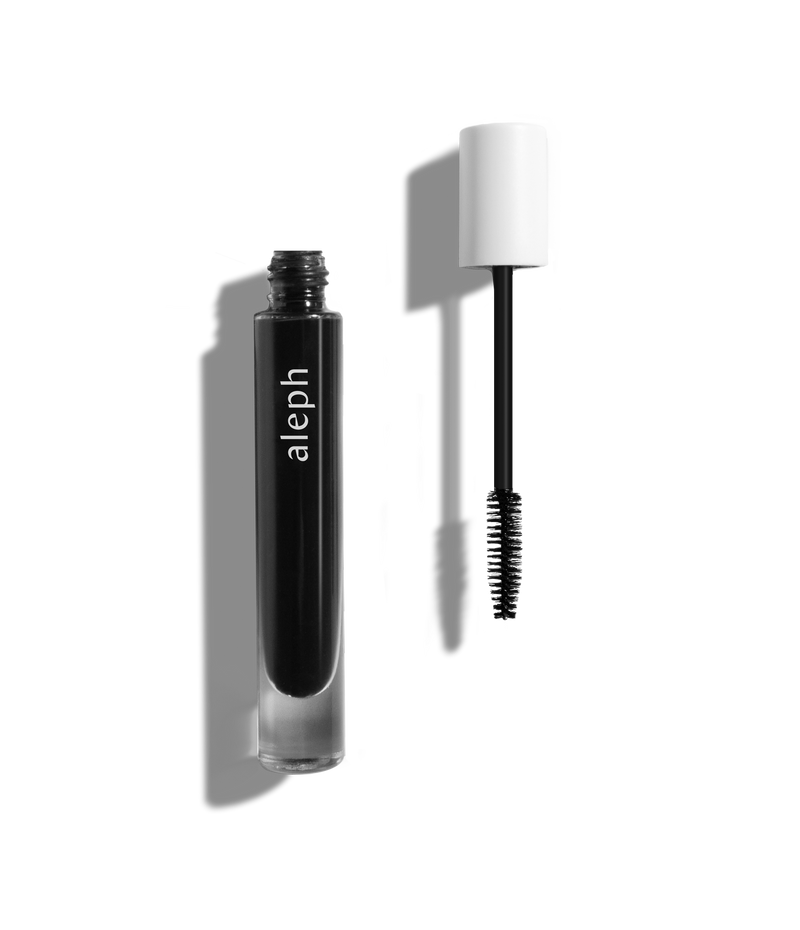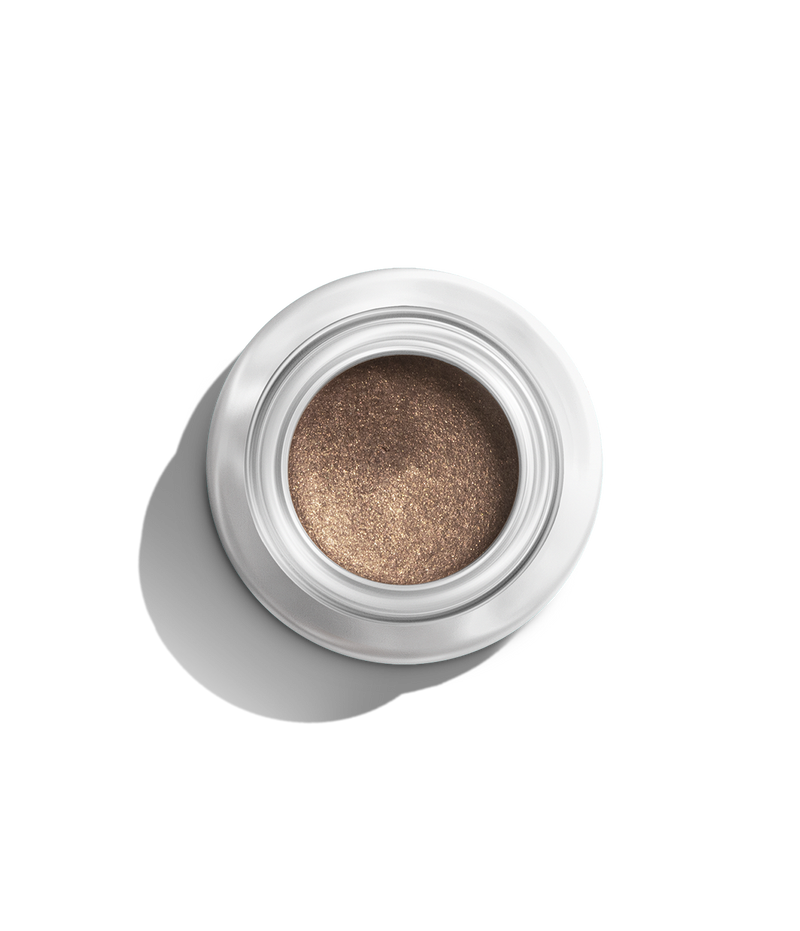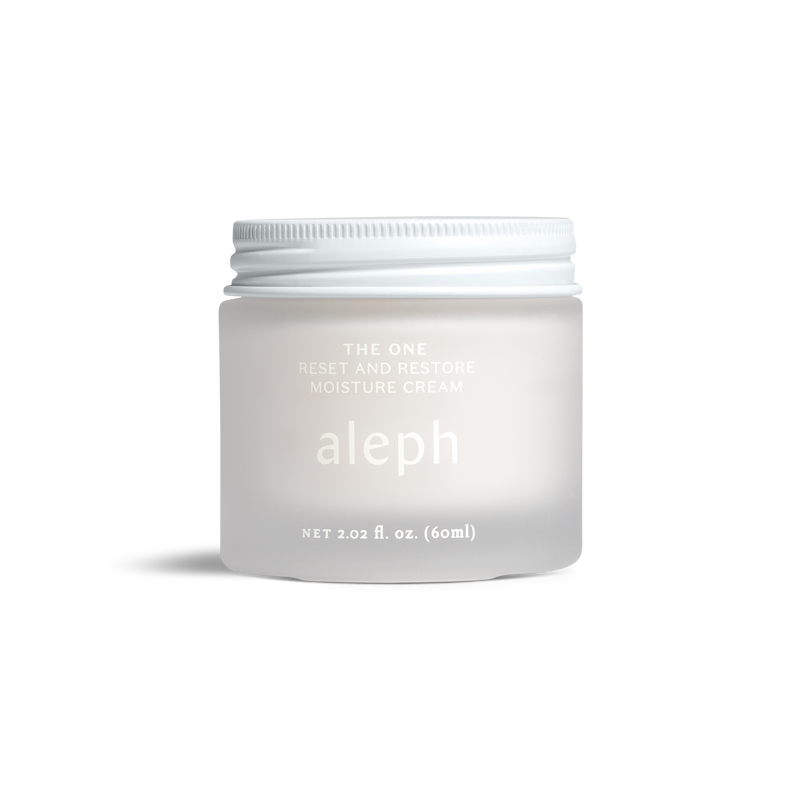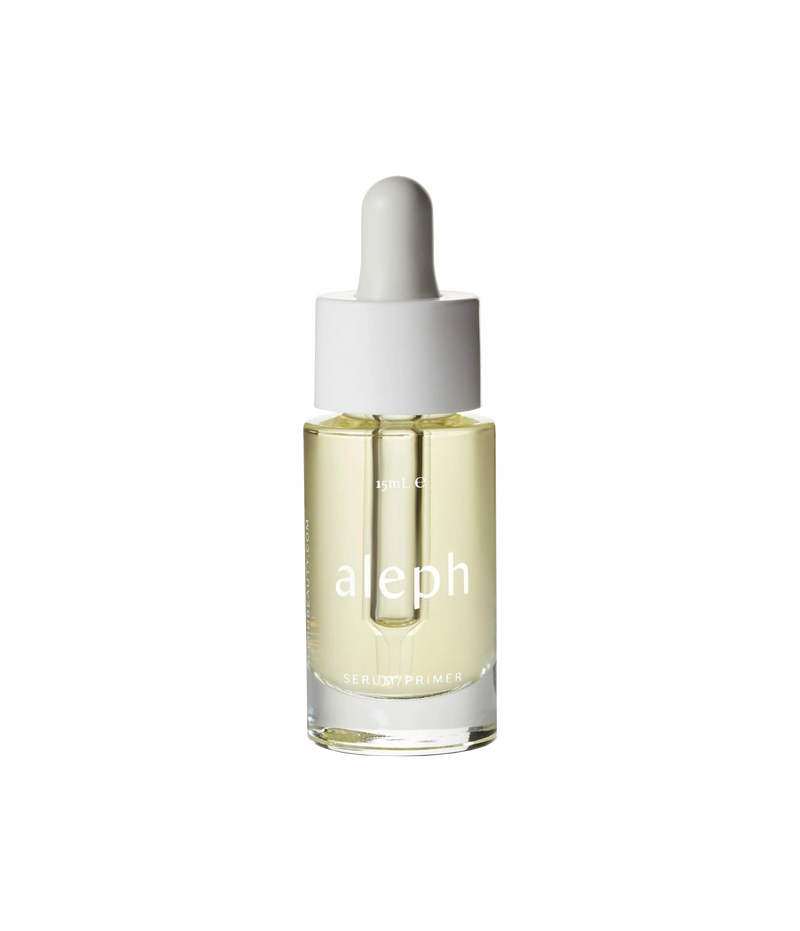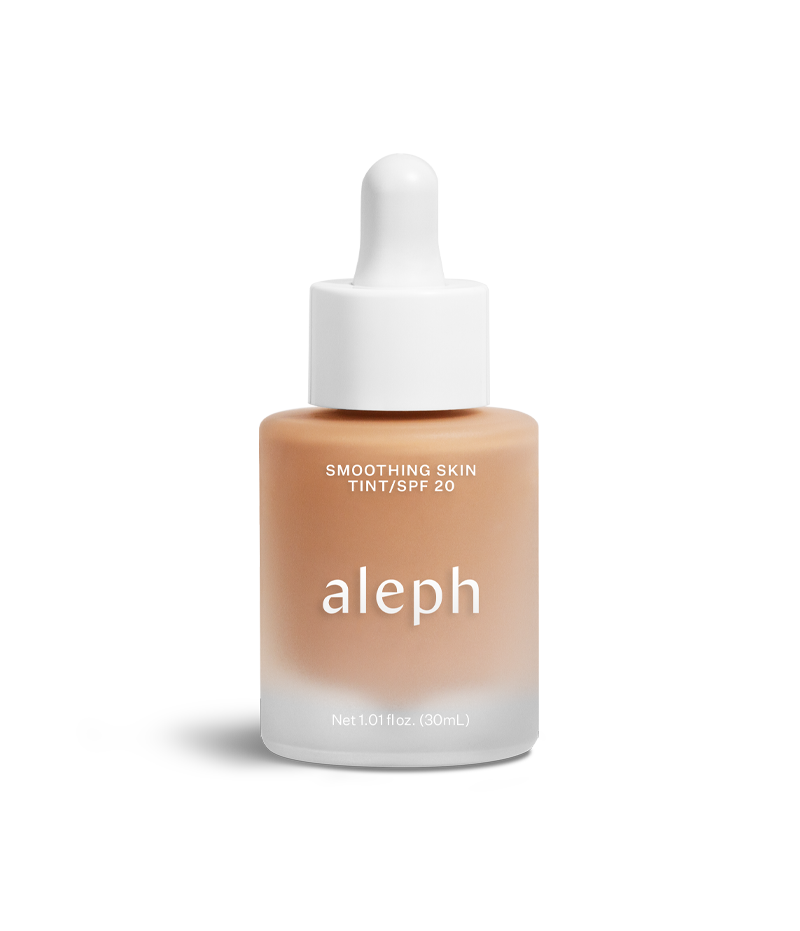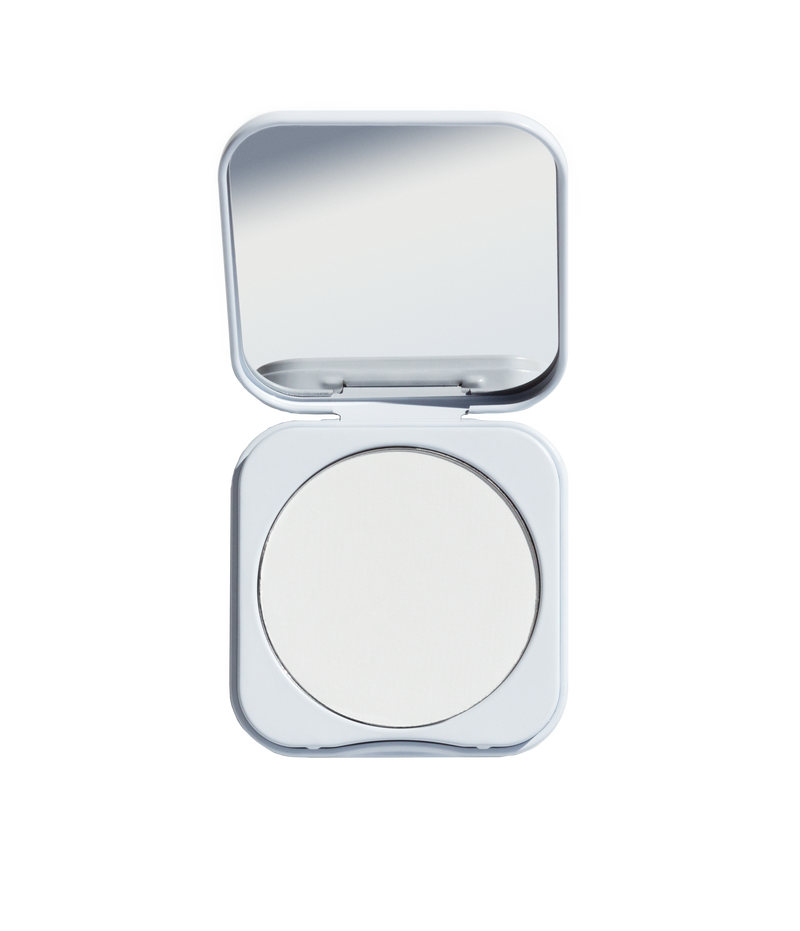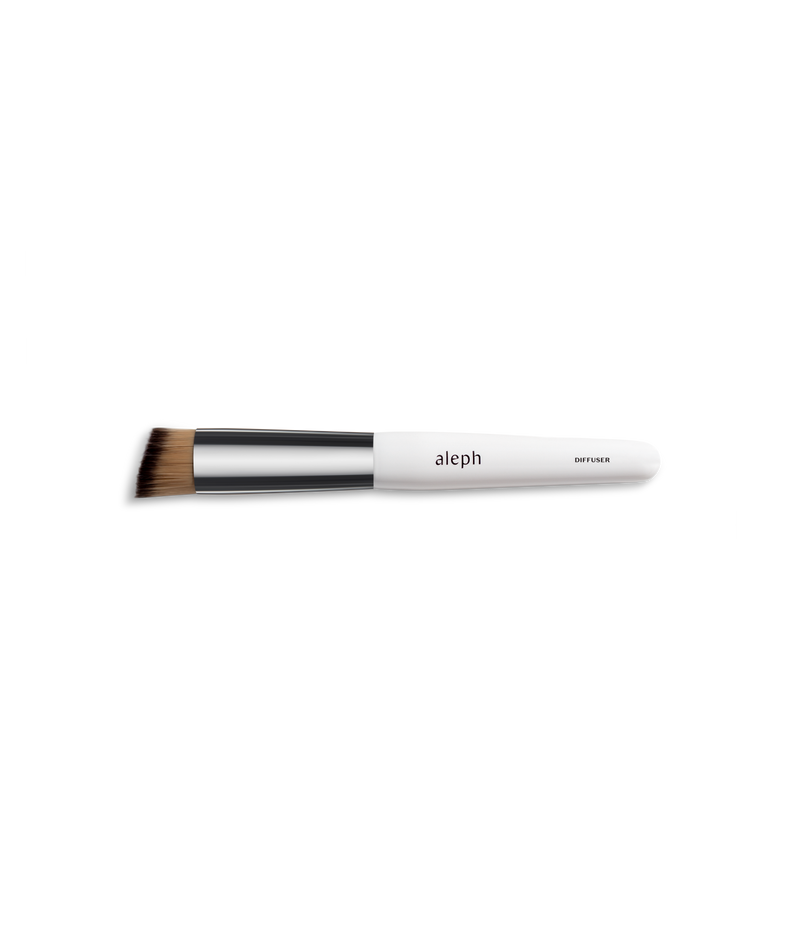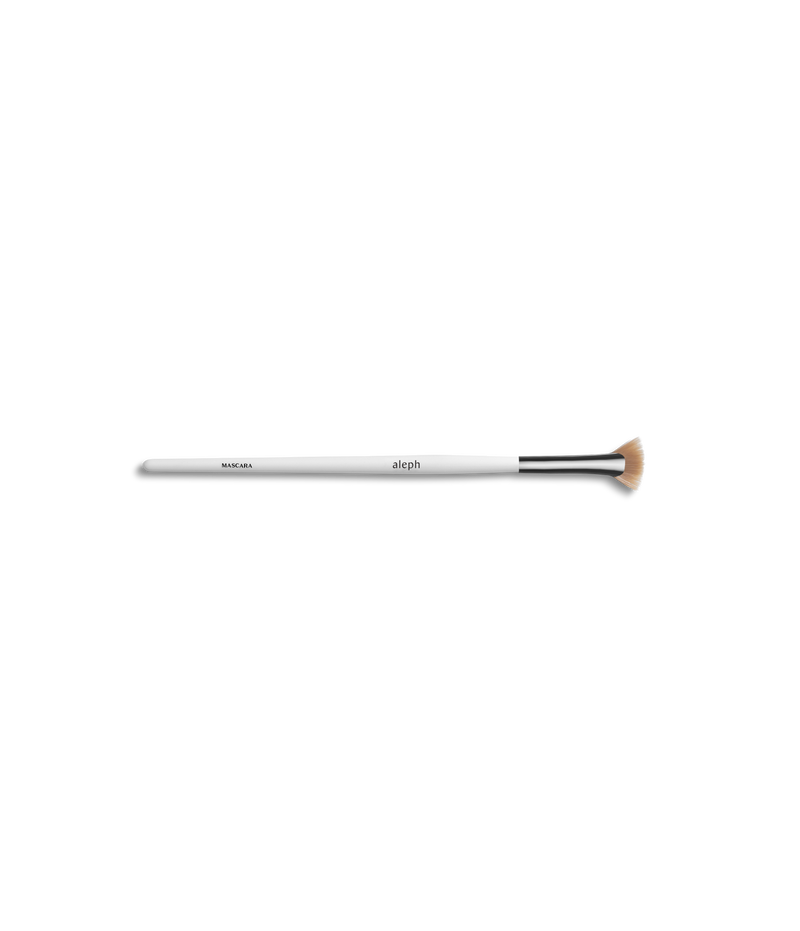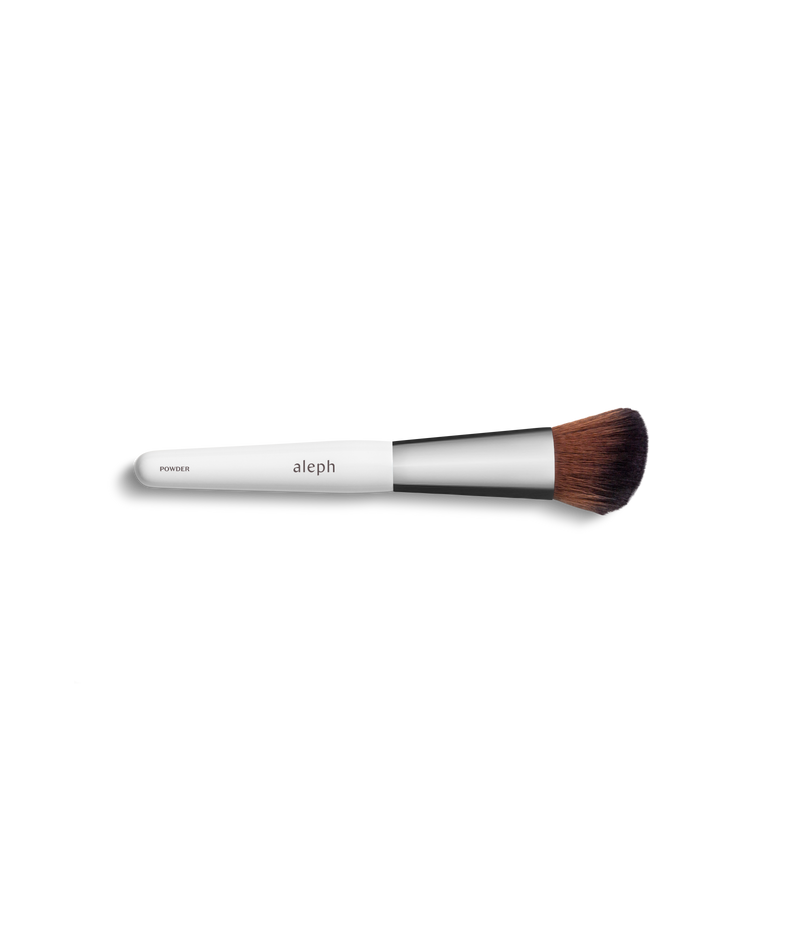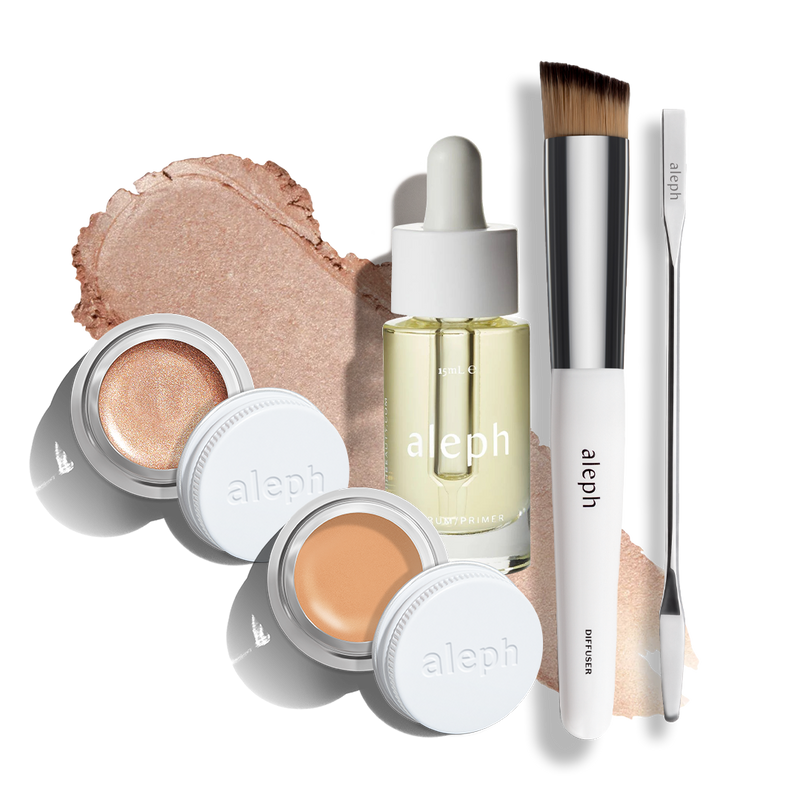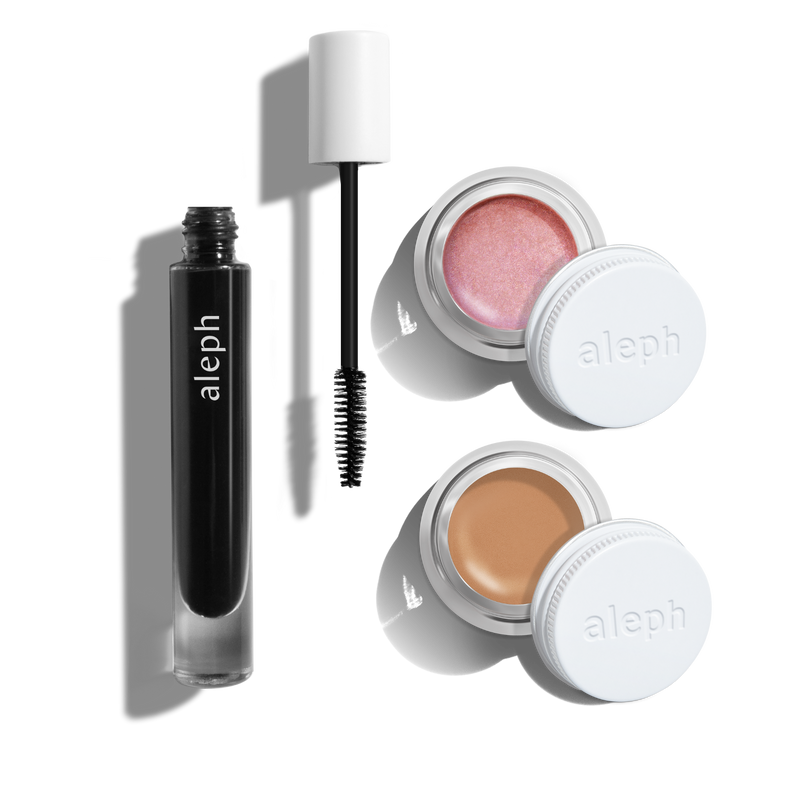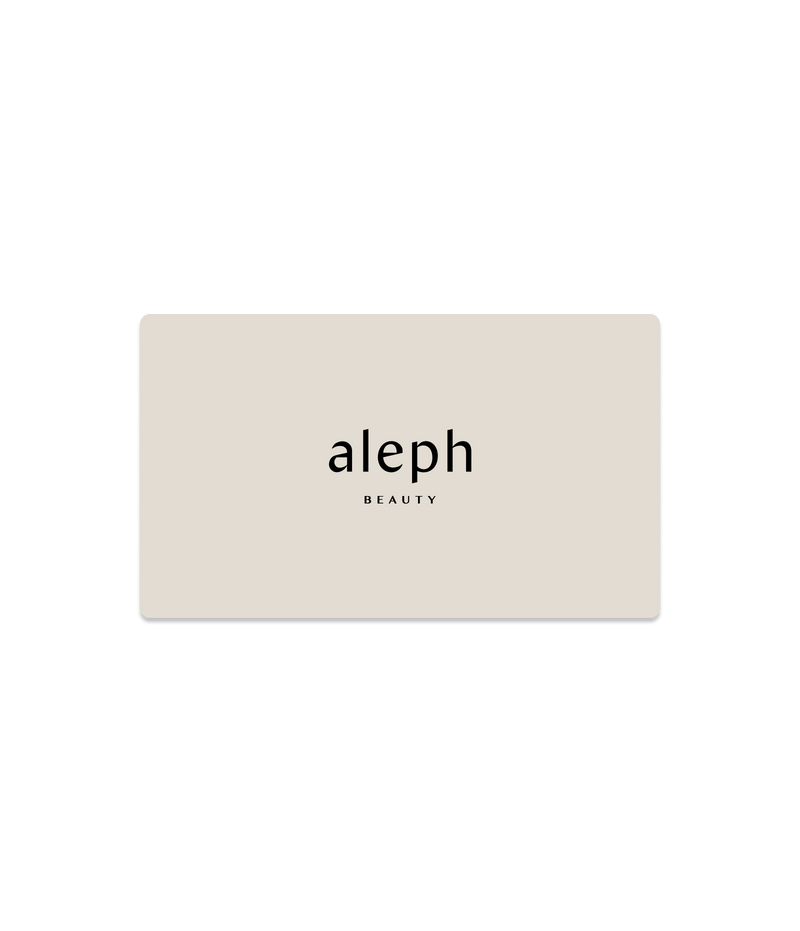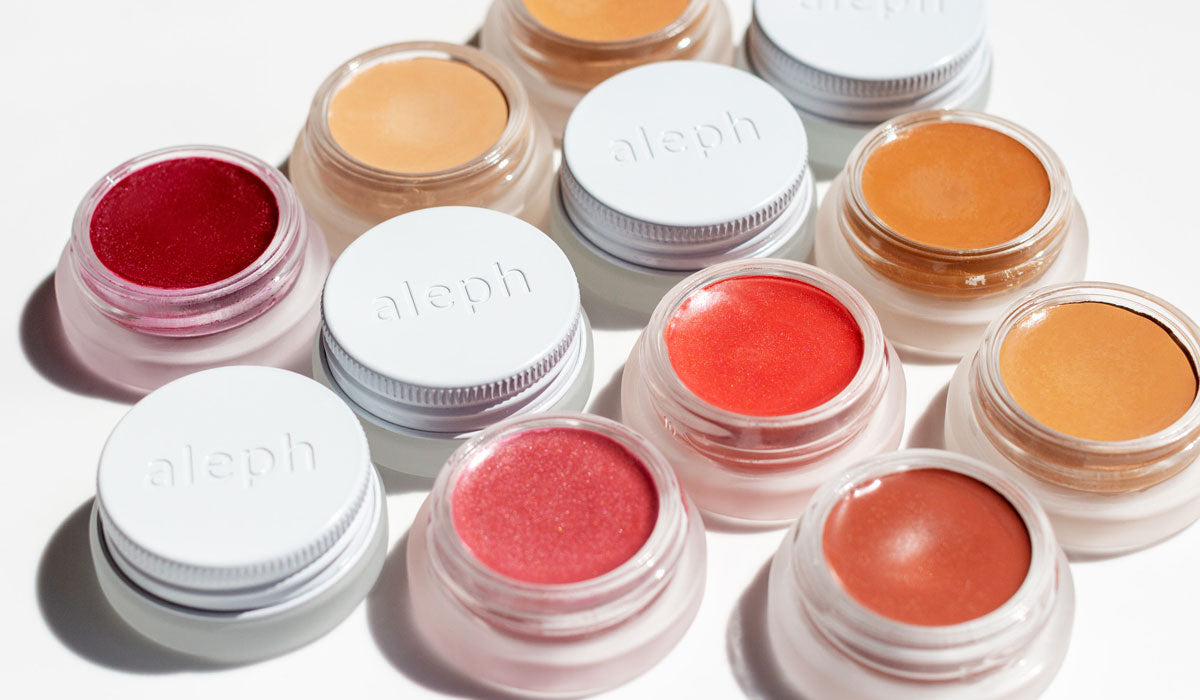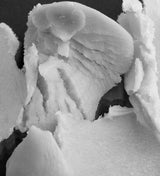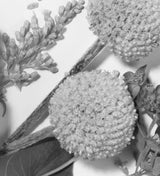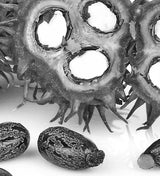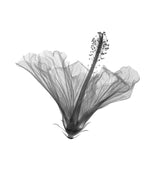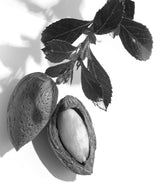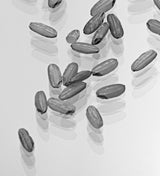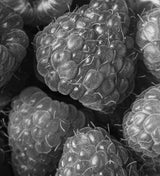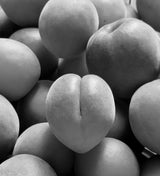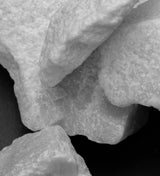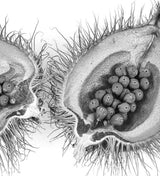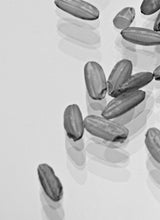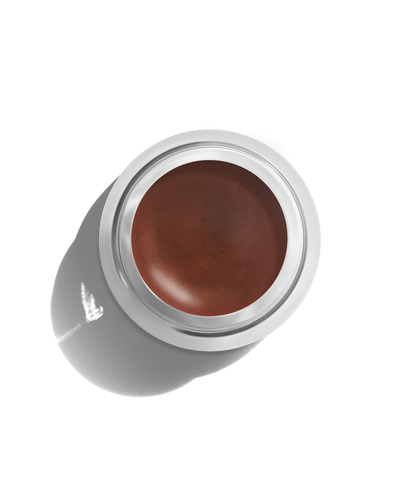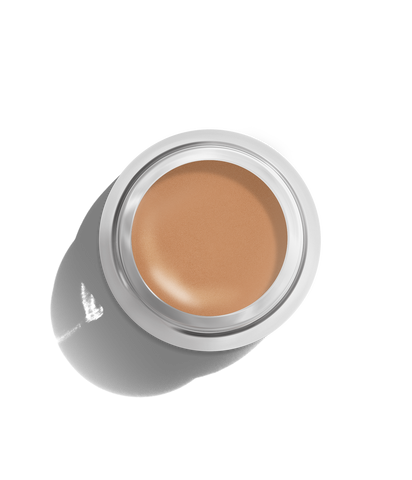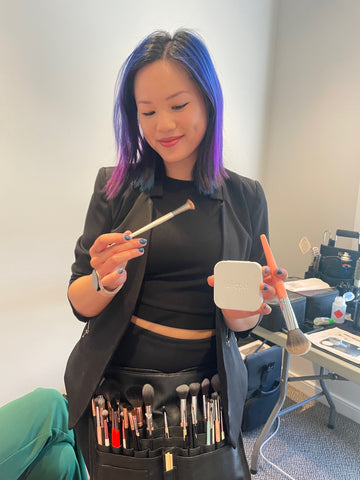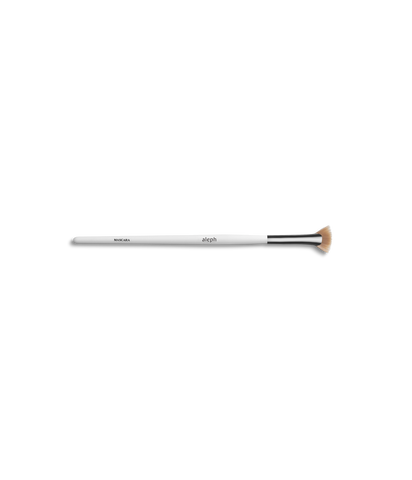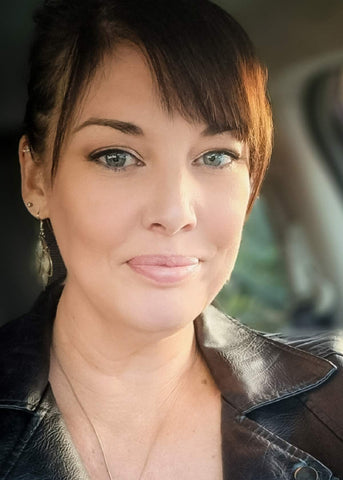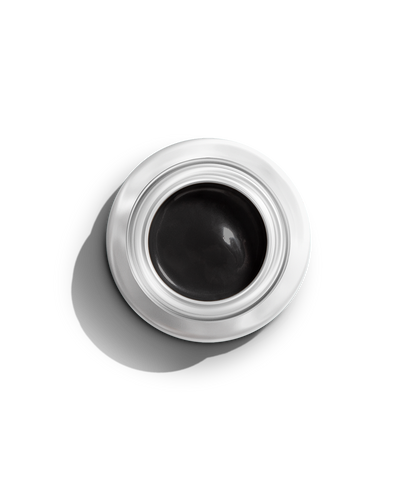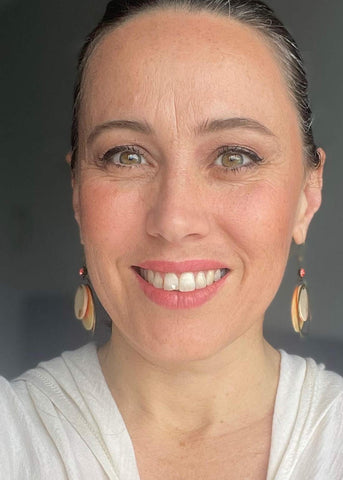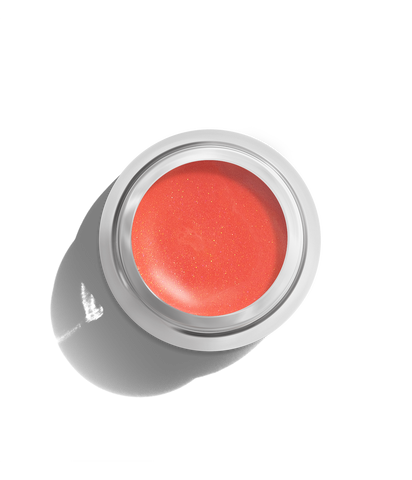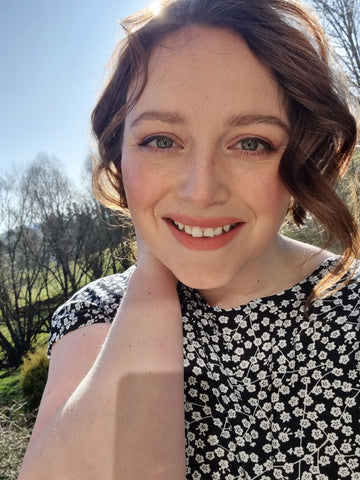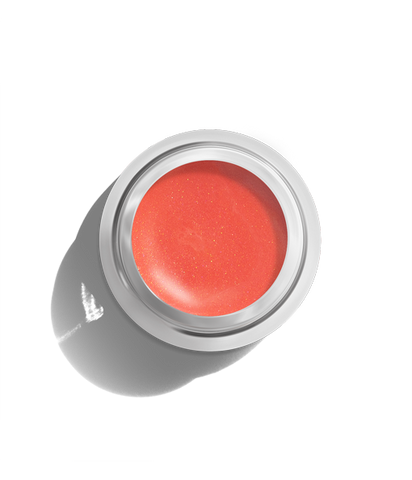Cultivating a sustainable mindset doesn't happen overnight. Although we can engage in many sustainable activities in our everyday lives, Plastic Free July is a reminder of the simple (or radical) ways we can further our positive impact on Mother Earth.
At Aleph Beauty, we choose consciously, so your conscience is clear. Enlightened beauty means making conscious, considerate decisions to create a positive impact on the health and wellbeing of yourself, others and the planet.
This month marks the opportunity to take part in Plastic Free July and exercise our sustainable values for permanent change.
The movement encourages people to make the conscious transition to a sustainable and plastic-free lifestyle. Plastic Free July challenges us to consider the ways in which we contribute to the plastic pandemic.
On a mission to spark a global movement that reduces the use of plastic, the founders of Plastic Free July envisioned a world without plastic waste. In 2019, 250 million people partook in plastic avoidance behaviours and saved hundreds of millions of kilograms of plastic waste [1].
The Problem With Plastic
Previously considered a symbol of human innovation, the affordability of many commodities can be attributed to plastic. But, the world's appreciation for plastic has since become an addiction.
More than 300 million tons of plastic are produced every year, half of which is used for single-use products [2]. Since emerging in 1907 to now, just 9% of plastic has been recycled, with the rest populating landfills for 500 centuries [3].
Our unhealthy dependence on plastic continues to inflict destruction on the natural environment and those who inhabit this land.
For humans, the estrogenic chemicals from plastic, which can leach into our food, drink and cosmetics, attach to hormone receptors in the body and create disruption. Endocrine-disrupting chemicals can be associated with altered reproductive function, increased risk of breast cancer, and changes in immune function.
There are over 1,200 marine species affected by our inability to manage plastic disposal. An estimated 8 million tonnes of plastic waste found littering shorelines, floating in the water and reaching the seabed [4].
Further to polluting our oceans, the resources needed to produce plastic have detrimental effects on the planet. The production of a 475ml plastic bottle emits more than 100 times the amount of toxins to air and water, than the same bottle made from glass [5].

But there is hope, Sustainable Coastlines is a registered New Zealand charity, committed to restoring the beauty of our coastlines and waterways. With the support of volunteers and donors, they have cleaned up 220 thousand kilograms of litter.
Announcement coming soon on how Aleph Beauty will be supporting the admirable work of this local charity...
Getting Started
Joining the Plastic Free July challenge can help to develop new habits that we can implement in our conscious lifestyles. There are so many innovative and creative ways to reduce our plastic consumption.
The first step is to reflect on existing habits and decide what needs replacing.
Most of us will have a reusable water bottle somewhere in the house. Attempt to locate it and place it somewhere that will remind you to take it with you every day. If you don't already have one, be sure to choose a socially-responsible and environmentally-friendly bottle alternative made from reusable materials such as stainless steel, glass or safe aluminium.
This will help to avoid situations where you are forced to buy single-use plastic water bottles.

Although we no longer have single-use plastic bags in New Zealand, we are still tempted by the smaller fruit and vegetable bags at the supermarket. If you haven't yet made the switch to reusable produce bags (hopefully made from recycled plastic or repurposed fabric), ask yourself if that produce really needs to be bagged.
While you're there, consider what other supermarket habits can be switched for more eco-friendly alternatives.. stick to the outside isles of the supermarket and see what you notice.
Next Steps
In a consumerist culture, simply buying less seems like a great solution. But it's also what you buy that counts. It is critical to clean up our act and buy those necessities and luxuries which come in greener packaging.
All that plastic packaging, which we either don’t need or don’t use, can pile up over the years. Take a look in your kitchen pantry or bathroom cabinet and consider what could be phased out of your current collection of disposable "essentials".

Cut back on purchasing products in plastic containers by looking for brands and products that have recycled, recyclable or compostable packaging. Once you start, you'll never look back as you find other ways to repurpose reusable packaging throughout your home.
This is a great way to start refilling at bulk food stores, by using the containers you already have in your cupboard.
Whether you're looking to reduce-reuse-recycle or go completely plastic-free this July, making a few simple changes can impact positive change. If this month gives you the encouragement you need to turn those beliefs into actions, then call it a success.
While a world free from plastic is not a quick fix, there are many steps we each can take to become completely plastic-free. Visit https://www.plasticfreejuly.org/ for more ways you can contribute this July...
For makeup that supports your conscious lifestyle:
SHOP ALEPH →
[1] https://www.plasticfreejuly.org/wp-content/uploads/2020/01/PFJ-Annual-Report-2019-screen-spreads.pdf
[2] https://seedscientific.com/plastic-waste-statistics/
[3] https://www.wwf.org.au/news/blogs/the-lifecycle-of-plastics
[4] https://www.wwf.org.au/news/blogs/the-lifecycle-of-plastics
[5] https://ecologycenter.org/plastics/ptf/report3/

 BACK
BACK